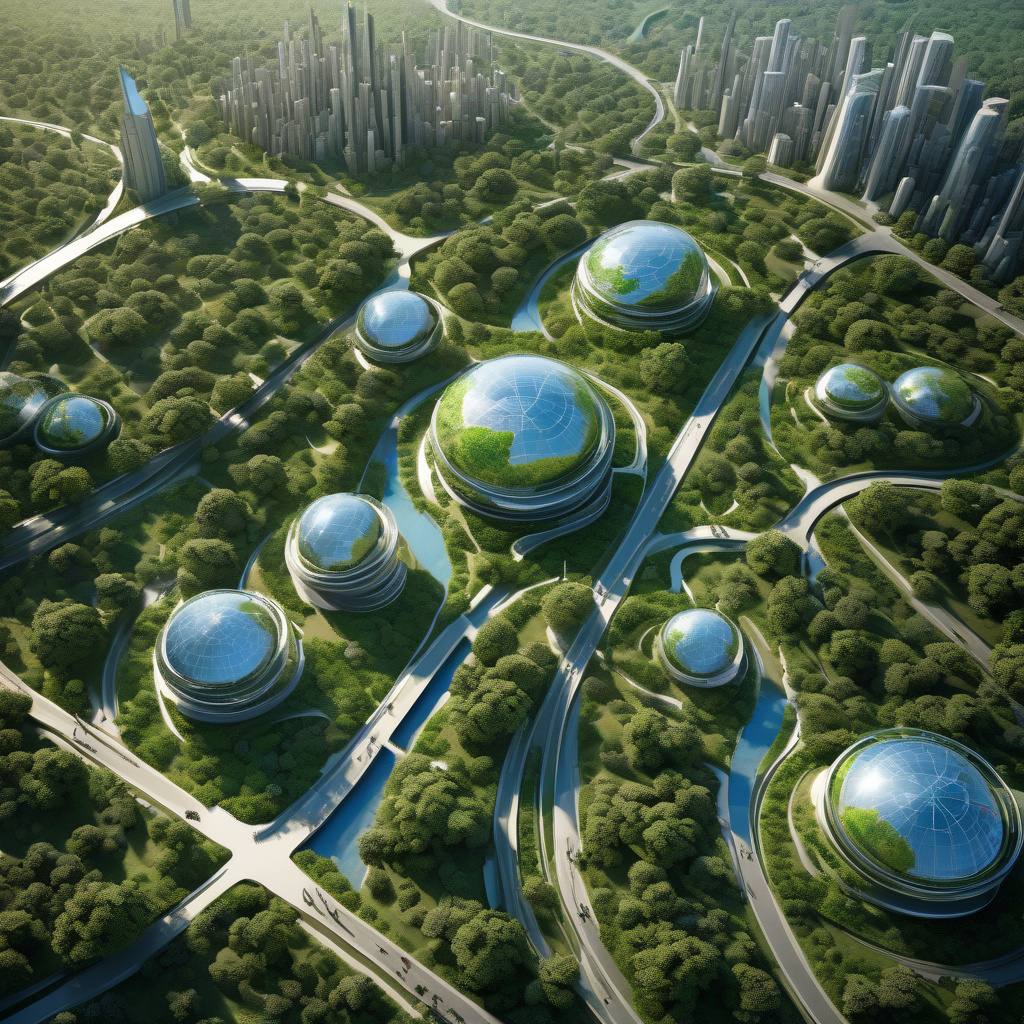Engineering Biology: Revolutionizing Sustainability Across Industries
Engineering biology has emerged as a powerful tool in addressing a myriad of global challenges, ranging from healthcare to environmental sustainability, agriculture, and energy. This innovative field harnesses the principles of biology, genetics, and engineering to design biological systems and organisms that can tackle complex problems facing our planet. By leveraging the potential of engineering biology, industries and researchers worldwide are paving the way for a more sustainable future.
One of the key areas where engineering biology is making a significant impact is healthcare. Scientists are utilizing genetic engineering techniques to develop advanced therapies, such as gene editing and personalized medicine. These cutting-edge treatments hold the promise of revolutionizing healthcare by offering targeted solutions for a wide range of diseases, including genetic disorders and cancer. By leveraging the precision and specificity of engineering biology, researchers can tailor treatments to individual patients, leading to better outcomes and improved quality of life.
In the realm of environmental sustainability, engineering biology offers innovative solutions to pressing issues such as pollution, resource depletion, and climate change. Bioremediation, for example, involves using engineered microorganisms to clean up contaminated environments, such as oil spills or industrial waste sites. By designing biological systems that can break down pollutants and toxins efficiently, scientists can mitigate the environmental impact of human activities and restore ecosystems to their natural state.
Moreover, agriculture stands to benefit significantly from the application of engineering biology. By developing genetically modified crops that are more resilient to pests, diseases, and adverse climate conditions, researchers can enhance crop yields and ensure food security for a growing global population. Genetic engineering techniques can also be used to improve the nutritional content of crops, making them more nutritious and accessible, especially in regions facing food insecurity.
In the energy sector, engineering biology is driving innovations in biofuels, renewable energy, and carbon capture technologies. Biofuels derived from algae, bacteria, and other microorganisms offer a sustainable alternative to fossil fuels, reducing greenhouse gas emissions and dependence on finite resources. Additionally, synthetic biology approaches enable the production of bio-based materials and chemicals, contributing to a circular economy and reducing the environmental footprint of various industries.
The intersection of biology and engineering is reshaping industries and fostering a new era of sustainability and innovation. By harnessing the power of biological systems and genetic technologies, researchers and companies are addressing some of the most pressing challenges facing our planet. From healthcare to agriculture, environmental conservation, and renewable energy, the applications of engineering biology are diverse and far-reaching, offering novel solutions to complex problems.
In conclusion, engineering biology holds immense promise for promoting a sustainable planet by driving advancements in healthcare, environmental sustainability, agriculture, and energy. As researchers continue to push the boundaries of this field, we can expect to see transformative technologies and solutions that will shape a more sustainable future for generations to come.
The post How engineering biology promotes a sustainable planet appeared first on Innovation News Network.
#EngineeringBiology, #Sustainability, #Bioengineering, #GeneticEngineering, #Innovation












